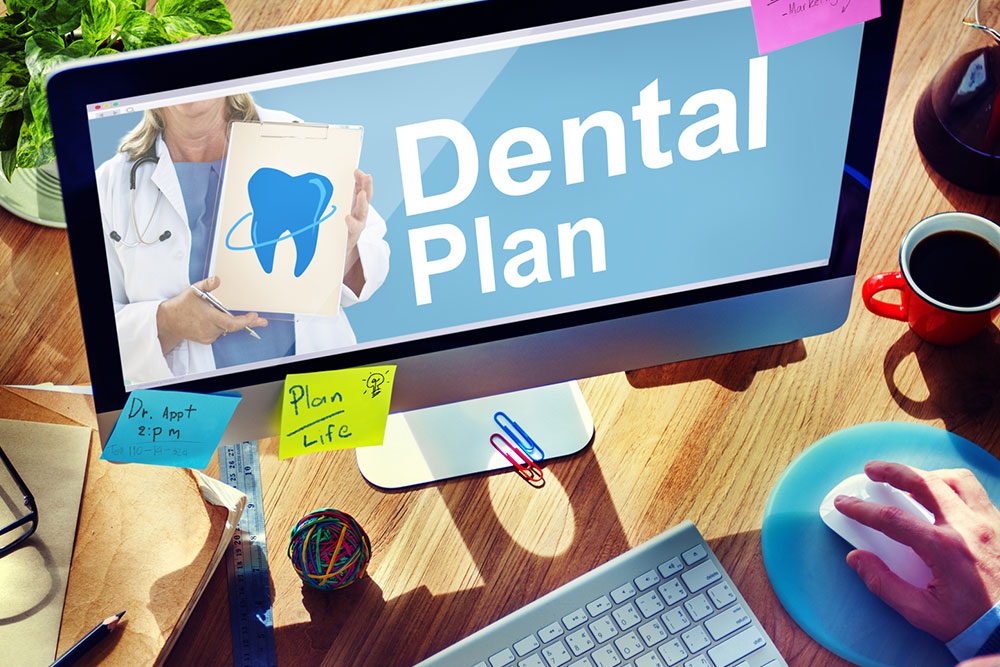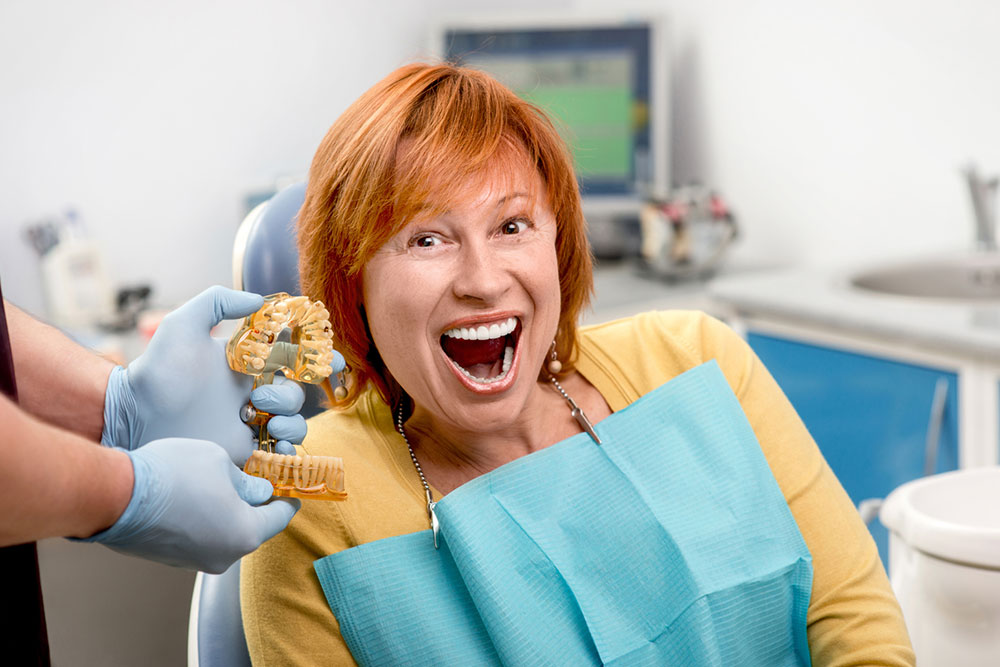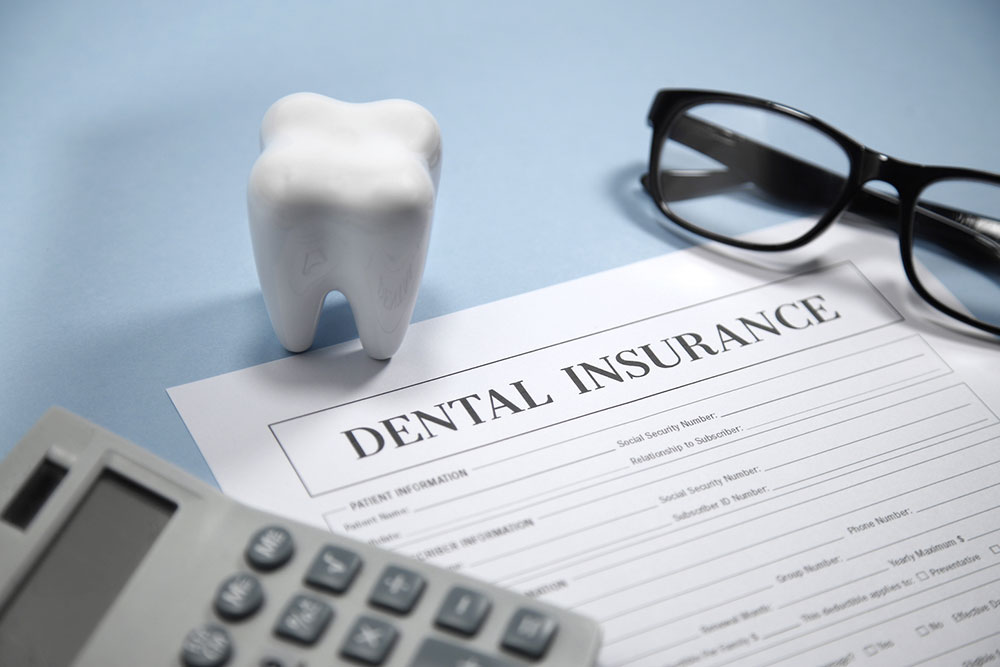8 mistakes to avoid when picking a dental plan

One may often address every aspect of their overall health but forget to account for dental needs. However, oral health needs to be at the forefront of one’s healthcare goals, and one should be more focused on getting an ideal dental plan to suit their needs. Since this might be a new expenditure avenue for many, it is crucial to avoid these eight errors that may result in spending extra on a dental insurance package.
Making an impulse purchase
Most individuals may rush their decisions because they are short on time. In the case of dental insurance, making an impulse purchase could result in buying an unnecessary plan. The individual should ensure they take their time to understand each aspect of an insurance plan before deciding. Additionally, one should never pick up the first plan they find online. An individual should compare multiple insurance options before narrowing it down to a single preference.
Going for the lower rate
The rate of dental coverage can play a massive role in one’s decision-making process. While a low-premium may cost less in terms of coverage, the individual might need to pay higher amounts for complex dental treatments like implants, braces, and bridges. A lower rate may also mean some services are excluded from overall coverage.







